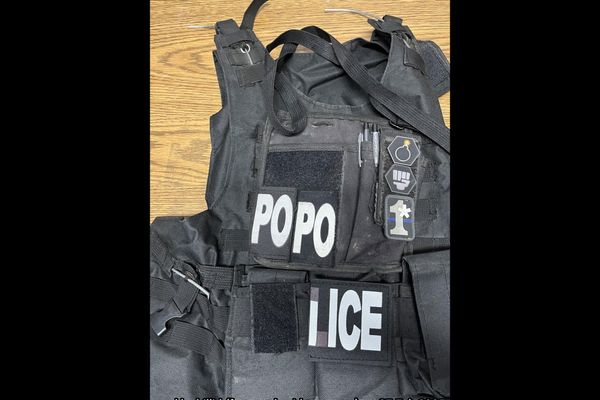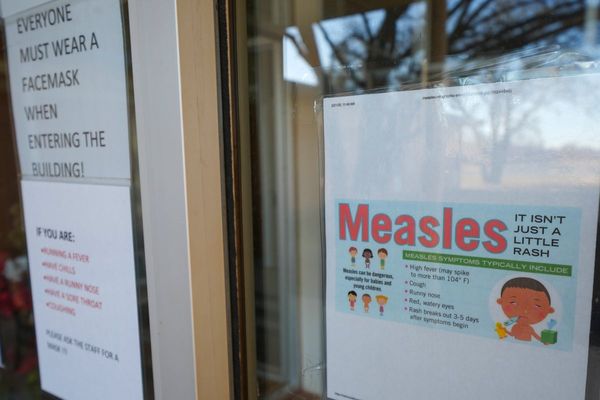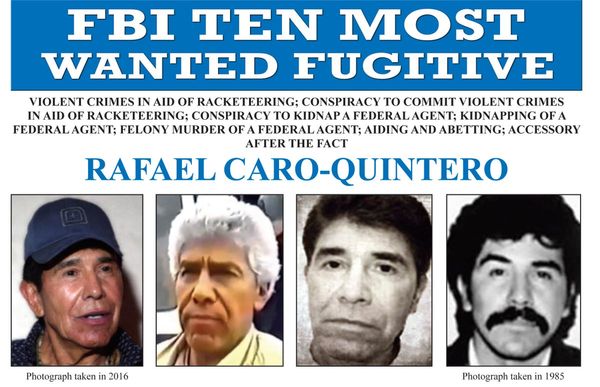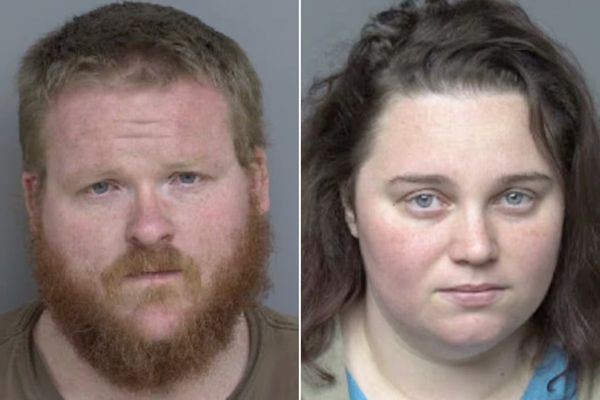South Australian police have laid more than 120 charges against "several" people following the launch of a special task force aimed at curbing so-called youth gangs.
Operation Meld was launched last July, after a spate of violent brawls and crimes in Adelaide's northern and western suburbs.
Assistant Police Commissioner Scott Duval said the offending involved teenagers from Adelaide's Sudanese community.
"We've had people stabbed, we've had large fights… where weapons, including knives, have been taken to those fights," he said.
Assistant Commissioner Duval said the predominant violence was between two rival groups, comprising about 20 youths in total, but there had been fights involving up to 50 youths.
"They've also been involved in offences of fraud… and involved in robberies where people were selling goods on social media platforms, and upon being met by members of the group they were being robbed."
Four people are currently in custody due to Operation Meld.
Taskforce 'not about ethnicity'
Assistant Commissioner Duval stressed that the gangs made up a "very small" number of people from Adelaide's Sudanese community.
"This is not about ethnicity. This operation was formed to deal with the serious criminality involved in the group," he said.
Police believe the groups comprise of about 20 youths aged between 16 and 18, with only three adult members.
Assistant Commissioner Duval also said police had a great relationship with Adelaide's South Sudanese community, who shared their concerns.
"We've worked very hard with the community, and they have been excellent coming on board and helping the police," he said.
"We have had community forums, we've had regular meetings with families and very much families are very concerned about the offences that are being committed by family members."
He said police were optimistic the youths could be rehabilitated, with the help of the community.
Advocates warn against stereotyping
North Sudanese humanitarian and refugee advocate Mujahid Ahmed described the issue of youth gangs in the Sudanese community as "multi-layered."
"It starts with the pre-migration experience and the violence their families were exposed to [in Sudan], which sort of permeates," he said.
"When you combine that with most refugees living in low socio-economic statuses, lack of opportunity, issues with racism and discrimination… you kind of put all these things in a cauldron and this is where we are."
Mr Ahmed stressed that while youth violence was a "known issue" among South Australia's Sudanese community, it was not one particular to that community.
Mr Ahmed added that the violence partly stemmed from "traditional ideas about masculinity" and aggressions between different tribal groups or sub-clans, which the community was working to address.







